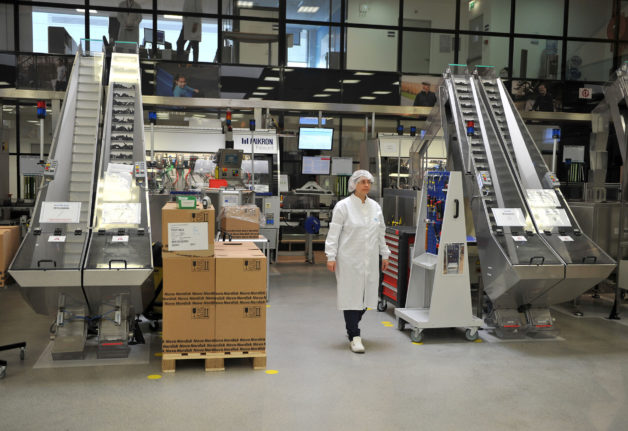Data published by national agency Statistics Denmark on Thursday show that there were as many as 15,200 subsidiaries of Danish companies based abroad in 2022, with some 1,690,000 staff on their books.
The figures represent a 2.4 percent increase compared to the year before.
That means that for every 100 employees a Danish company has in Denmark, they have another 73 abroad, according to Allan Sørensen, economist with the Confederation of Danish Industry (DI).
READ ALSO: Danish economy gets boost from weight-loss drug maker
“Many Danish businesses certainly not be able to grow as large as they have without the ability to have activities abroad,” Sørensen said in a written comment.
The economist singled out major international Danish company Novo Nordisk, the largest business in Denmark, which has 28,000 employees domestically and 35,000 abroad.
Foreign employees of Danish companies are primarily located in France, Poland, Germany, India and the United States.



 Please whitelist us to continue reading.
Please whitelist us to continue reading.
Member comments